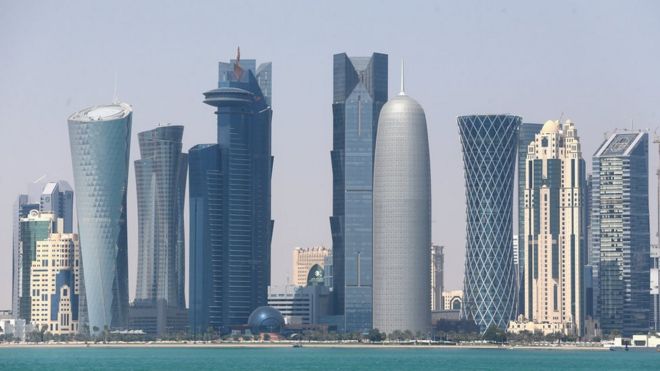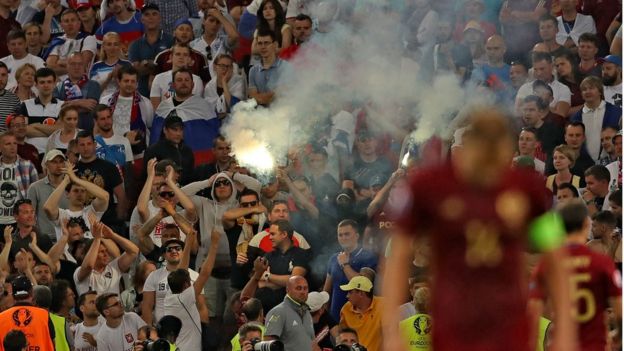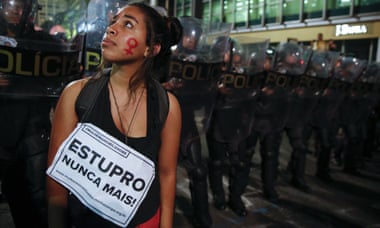by Zachary Lucas
Impunity Watch Reporter, Middle East
DOHA, Qatar – – A Dutch woman was arrested after making a rape claim to local authorities in Qatar following her alleged rape. The woman has been held since mid-March and could face charges of having sex outside of marriage.

A Dutch woman, who’s identity has not been revealed and was referred to as “Laura” by the Dutch foreign ministry, was on holiday in Doha when the incident occurred. Laura was having drinks at a bar in a hotel with friends. After one of the drinks Laura stated she felt “unwell.” She woke up the next morning in an unfamiliar apartment and realized she had been sexually assaulted.
Laura immediately reported the incident to local authorities and was subsequently arrested. She has been detained by Qatari authorities since mid-March and could face charges of adultery and alcohol-related offenses. Laura’s attorney, Brian Lokollo, says that no charges have been officially filed and that she will appear before a judge on June 13. The alleged assailant has also been arrested and denies the rape allegations. He stated that the sex was consensual and that she had asked for money. Laura denies those accusations.
Adultery, or having sex outside of marriage, is a crime in Qatar like many other Gulf Arab nations. Under Qatar’s Penal Code, “anyone who copulates with a female above sixteen without compulsion, duress or ruse is convicted to no more than seven years in prison. The same penalty is also imposed on the female for her consent.”
Qatar’s former justice minister, Najeeb al-Nauimi, says to convince a judge her defense will have to prove that there were “no voluntary actions” between her and the alleged assailant. Even evidence that would suggests she walked next to the alleged assailant might give a judge doubt to the actions not being voluntary. Signs of force would need to be proven.
There have been similar incidents in the Gulf Arab region. In 2013, a Norwegian woman reported a rape in the United Arab Emirates and was subsequently arrested, charged, and convicted of indecent behavior, perjury and alcohol consumption. She received a sentence of 16 months, but was later pardoned and returned home.
For more information, please see:
Aljazeera-Qatar: Dutch Woman Who Alleged Rape to Appear in Court-12 June 2016
BBC-Dutch Woman Arrested in Qatar After Making Rape Claim -11 June 2016
CNN -Dutch Woman Jailed in Qatar After Reporting Rape May Face Charges – 12 June 2016
The Guardian-Dutch Woman Arrested in Qatar After Reporting Rape to Appear in Court-12 June 2016



